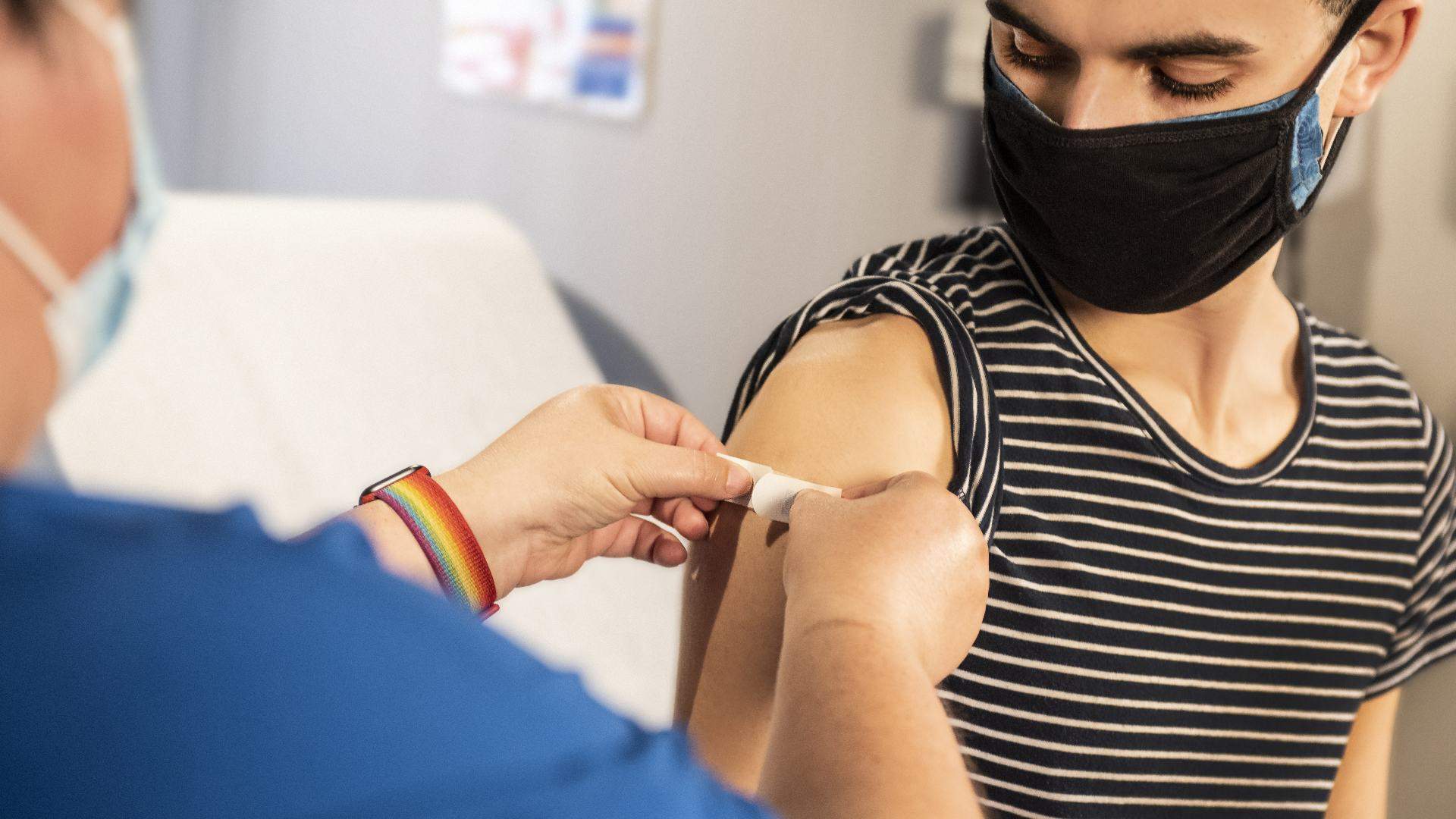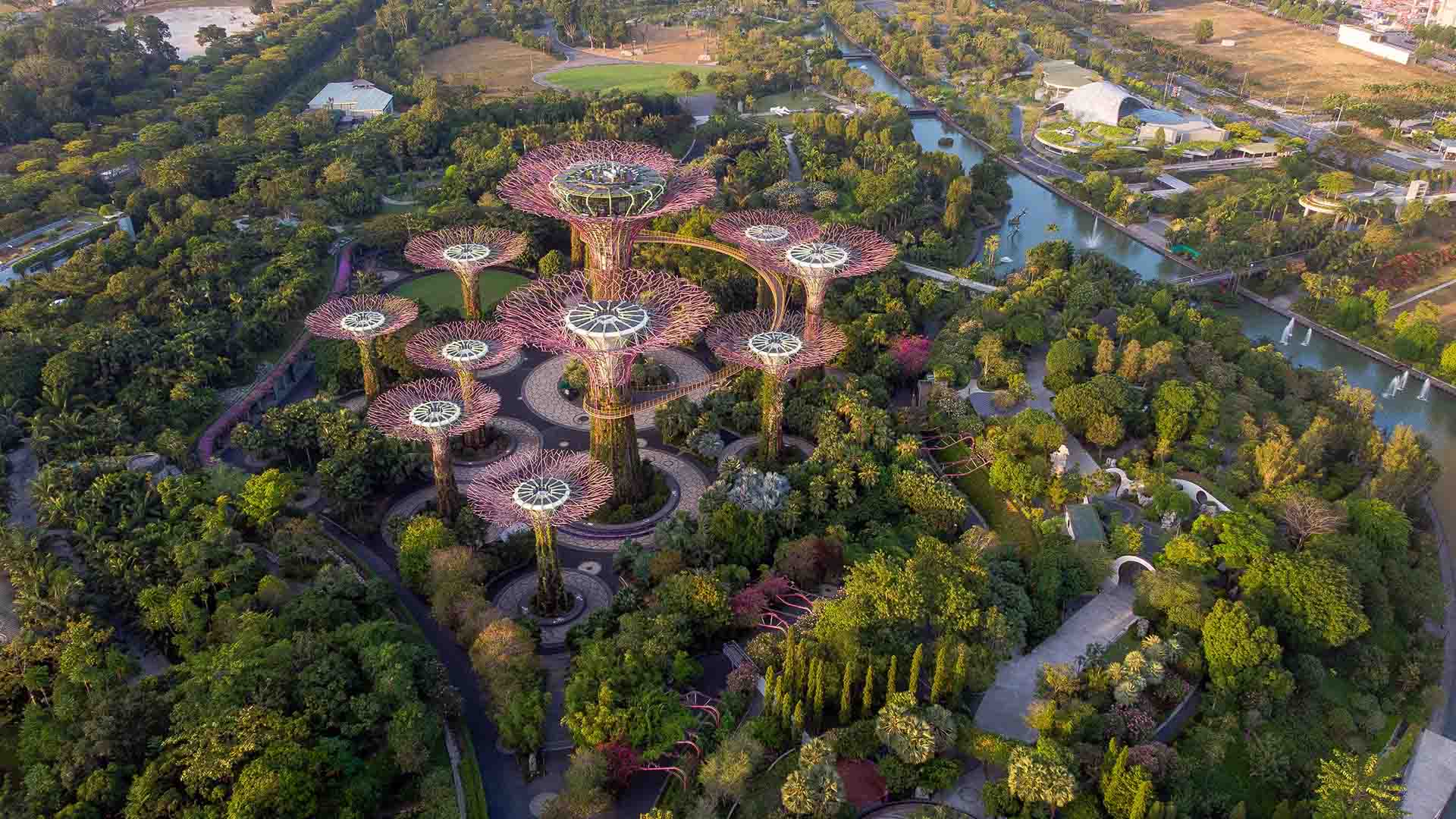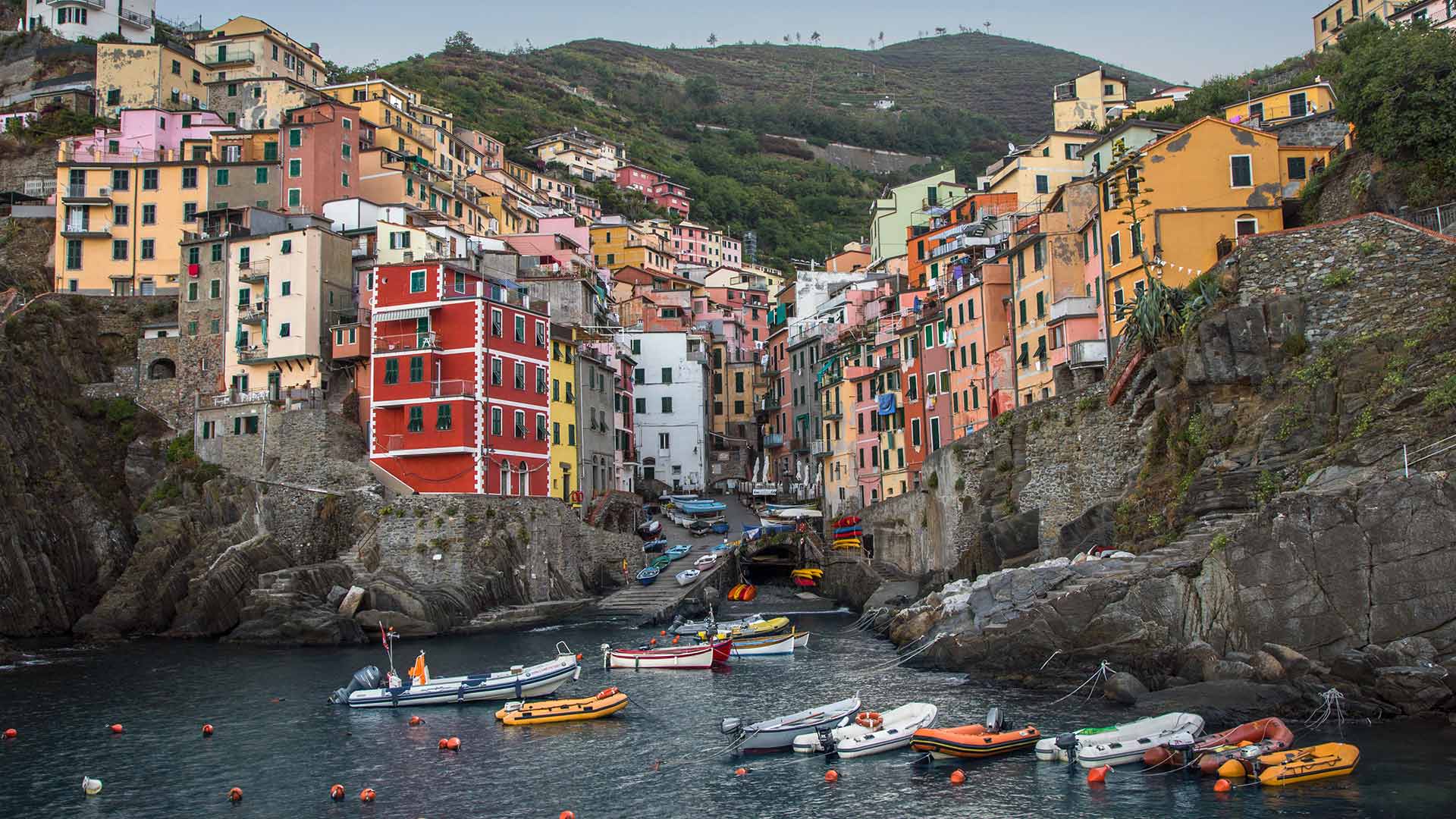Vaccinated Aussies Will Be Able to Travel Overseas When 80 Percent of the Country Has Had the Jab
Bringing back international travel for vaccinated Australians is part of the third stage of National Cabinet's just-tweaked 'National Plan to transition Australia's National COVID Response'.
No matter where you live in Australia, you've heard about plans, pathways, roadmaps and rollouts quite often during the pandemic. As the country has faced COVID-19, our state and federal leaders have unveiled plenty of outlines that run through what we can do, what we can't do whenever restrictions are in place, how we're getting vaccinated, where we can travel and how life might return to normal — including, in early July, a new outline for the future stemming from Australia's National Cabinet.
That overall plan, announced by Prime Minister Scott Morrison after meeting with state and territory leaders on Friday, July 2, steps through four phases that Australia intends to work through to get life back to its pre-pandemic state. It covers things like resuming international travel, loosening restrictions on vaccinated folks and scrapping lockdowns completely. That said, when first announced, the plan didn't include timeframes or information on when these different tiers would kick in, other than vague hopes. But following the latest National Cabinet meeting on Friday, July 30, the Prime Minister has now filled in some details.
Vaccination thresholds have been attached to the second and third phases of the roadmap, which has been dubbed the National Plan to transition Australia's National COVID Response. The second stage will come into effect when 70 percent of the population has been fully vaccinated with two doses, while the third phase will kick in at 80 percent. There's still no expected dates, however.
For both stages, there's also a couple of requirements — and a "two-key process", as the Prime Minster explained. Firstly, the entirety of Australia must reach those figures overall, based on the population over the age of 16. After that, each individual state and territory also must hit those thresholds for that phase to specifically apply in that state or territory.

At 70 percent, restrictions will be eased on folks who've had the jab, including around lockdowns and border controls. Some of the inclusions in each phase have been amended since the beginning of July, reflecting the changes in Australia's COVID-19 situation over the past month, but it's still aimed that lockdowns will be less likely in this second stage. Low-level restrictions will still help minimise the spread of cases and assist contact tracing, and the vaccine booster program would begin. This is when inbound passenger caps for unvaxxed returning Aussies will be restored to previous levels, too, and when more vaccinated returning Aussies will be allowed to come home.
When the 80-percent threshold comes in, that's when jabbed Australians can travel overseas again without restrictions — which is clearly huge news. This third phase also has minimal restrictions on daily life and no lockdowns, and frees vaxxed Aussies from all those domestic restrictions anyway. At this point in the plan, there'd be no caps on returning vaccinated travellers at all, and more travel bubbles, like the one floated with Singapore, would open. Also, vaccine boosters would keep being delivered.
After that comes the final phase, although this one doesn't have any specifics regarding a vaccination threshold as yet. This tier sees COVID-19 just treated like other infectious diseases. It'd still be around, but it'd get the same kind of response as the flu. So, there'd be no lockdowns or domestic restrictions ever, vaccinated folks could come and go as they like, and non-vaccinated travellers would just have to get tested before they depart and when they arrive. Basically, life would be like it was before the pandemic, just with some quarantine required for the highest-risk inbound travel.

Obviously, with Greater Sydney set to spend at least nine weeks in lockdown, Victoria just coming out of its latest almost two-week-long lockdown and 11 Local Government Areas in southeast Queensland heading into a new three-day lockdown from Saturday, July 31, COVID-19 case levels could still impact how this plan gets put into effect. Indeed, if Australia's pandemic response so far is any guide, this could all change, take forever or simply not happen — but it's the stated federal plan at the time of writing, and now has some concrete vaccination thresholds.
Wondering where we sit in the scheme of things right now? We're in the first stage, unsurprisingly. Here, the aim is to suppress the virus to minimise community transmission. So, there's early, stringent and short lockdowns when outbreaks occur, and domestic restrictions as well. Our international borders are closed, there's a cap on inbound travellers, and the vaccination campaign is underway. Also in this initial phase, the Medicare Vaccination Certificate will be rolled out, Australia will work out how to authenticate digital vaccination status at our international borders and the vaccine booster program will be prepared.
For further details about the National Plan to transition Australia's National COVID Response, head to the Prime Minister's website.





